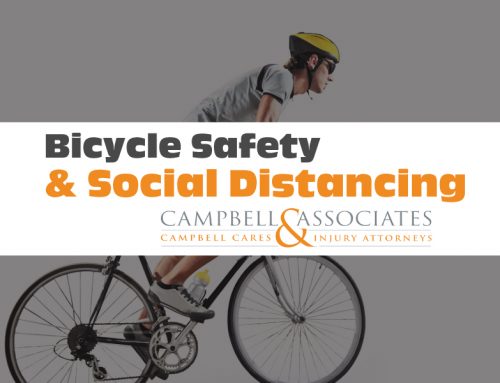
What happens when the owner of the property is the government? Injuries that occur in public parks, swimming pools, or government buildings are treated differently than those on private property.
The North Carolina Tort Claims Act
Normally, governments are immune from lawsuits by their citizens, but governmental agencies may waive that immunity and may decide the procedures that must be followed for any actions. The North Carolina Tort Claims Act governs actions against state agencies and state employees for negligence. The state may be sued if a state officer or employee causes an injury while acting within the scope of his employment.
If an employee driving a state-owned vehicle causes an accident, for example, the state may be sued if the employee was on duty, or on the way to or from work. If the employee was on his own time, however, a lawsuit against the state would not be permitted. An injured person would still have the right to seek damages from the employee personally.
A person injured in a public park or swimming pool may sue the city or state if he can show that the facility was poorly maintained, lacked proper safety features or warning signs, or if an employee of the facility caused his injury.
What You Can’t Sue For
The North Carolina Tort Claims Act does not allow an injured person to sue the state if a state employee causes injury by an intentional act. The state may be sued if a health care provider at a state hospital gave a patient the wrong medicine, but not if the health care provider deliberately assaulted a patient.
A parent may bring a claim against the city of Monroe if a student is injured in school or while on a school bus, but not if a teacher strikes or touches a student inappropriately unless it can be proven that administrators knew or should have known about the teacher’s behavior and failed to stop it.
Claims against the state and against local governments are heard by the North Carolina Industrial Commission. Claims must be filed using the proper forms, and within three years of the incident, (two years if it is a wrongful death claim).
Contact an Attorney
Filing a claim improperly may result in the loss of your ability to receive compensation for your injuries, so it is always advisable to consult a Monroe, NC personal injury attorney if you have been injured by a public employee or on government property.
Call Campbell and Associates Law today for a free consultation at 704-326-7243.






